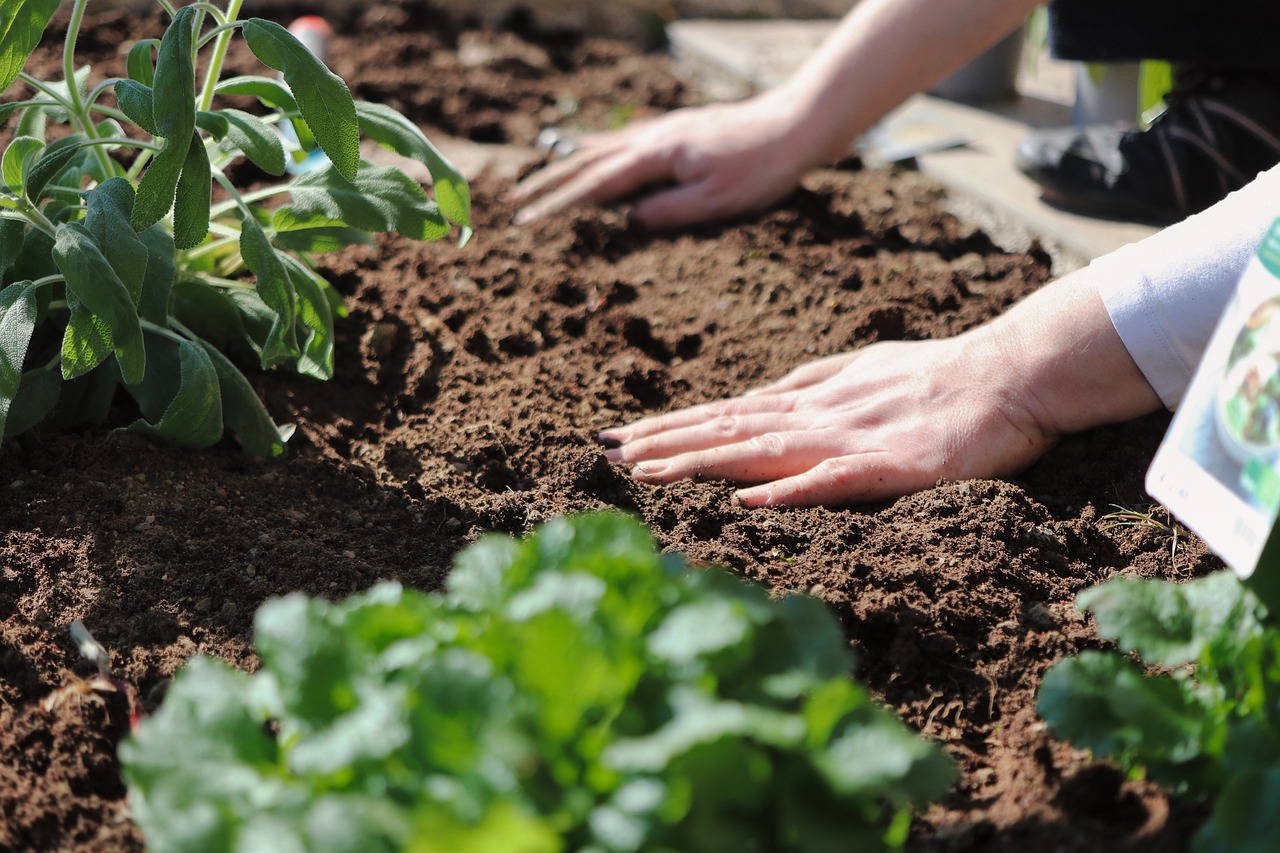Intercultural Garden/ Intergenerational Garden
An intercultural garden is a community garden that is designed to bring people from different cultures and backgrounds together to grow food, share knowledge and build relationships. Intercultural gardens often serve as a space for cultural exchange and learning, where people can share traditional farming and gardening practices, recipes, and stories.Intercultural gardens are often used as a tool for promoting social integration and cultural understanding, especially in urban areas where people from diverse backgrounds may not have many opportunities to interact. By working together in the garden, participants can learn about each other's cultures and build bridges of understanding and empathy.
Similar to an intercultural garden, an intergenerational garden is designed to bring people from different age groups together to grow food, share knowledge and build relationships. Nowadays, there are very few areas of life where the different generations can meet and interact with each other. Seniors often feel excluded and left alone. An intergenerational garden is a protected place where seniors can meet others, put old knowledge to use, pass on their experience directly to the youngest and contribute to the community while spending time in the nature and be physically active.
Costs: €-€€ (costs may include rent for green space, seeds, gardening tools..)













